Apple, looking ahead to life without Qualcomm, designs 2018 models for Intel and MediaTek modem chips

The legal battle between Qualcomm and Apple over patent royalties, which led Qualcomm to seek an injunction banning iPhone sales in China, may end up permanently damaging the San Diego based chip designer. According to the Wall Street Journal, Apple is designing its 2018 iPhone and iPad models to work with modem chips supplied by Intel and MediaTek. Apple will apparently not use Qualcomm's modem chips for its 2018 mobile devices even though Qualcomm says that the "modem that could be used in the next generation iPhone has already been fully tested and released to Apple."
Apple has always used Qualcomm's modem chips exclusively in the iPhone until last year, when it was supplied by both Qualcomm and Intel. Because the Qualcomm chip (used on the CDMA enabled devices) was much faster, Apple was forced to throttle its speedso that one version of the phone wasn't running much faster than the other (GSM).
Would Apple give up a modem chip that analysts say outperforms the competition just to teach Qualcomm a lesson? The latter owns 50% of the market for modem chips with MediaTek controlling 25% and Intel 6%. Last year, Apple bought 20% of Qualcomm's modem chips amounting to $3.2 billion in purchases. This year, reflecting Apple's decision to add Intel to the mix, that figure is expected to drop to $2.1 billion or 13% of Qualcomm's modem chip revenue.
Another thing to consider is that Qualcomm is considered to be way ahead of its rivals in designing chips for the upcoming 5G standard. The first 5G iPhone could be offered by 2019. Perhaps this is why Qualcomm CEO Steve Mollenkopf recently said that he was optimistic that Qualcomm and Apple would reconcile.
Apple has claimed that Qualcomm failed to pay it $1 billion in royalty rebates that it claims it is due, while the chip designer says that Apple has told the contract manufacturers that it uses to assemble the iPhone and iPad, not to pay royalties to Qualcomm. The latter is also accused of refusing to license its standard essential patents in a fair, reasonable and non-discriminatory manner.
source: WSJ
Another thing to consider is that Qualcomm is considered to be way ahead of its rivals in designing chips for the upcoming 5G standard. The first 5G iPhone could be offered by 2019. Perhaps this is why Qualcomm CEO Steve Mollenkopf recently said that he was optimistic that Qualcomm and Apple would reconcile.
source: WSJ
Follow us on Google News

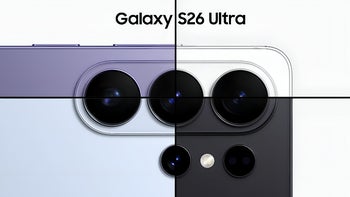



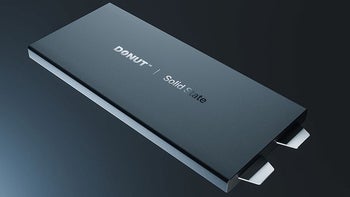
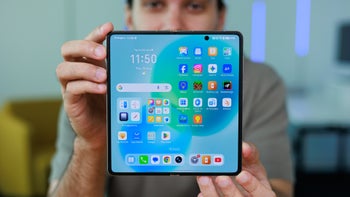

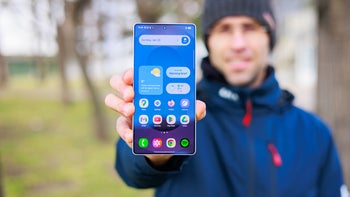
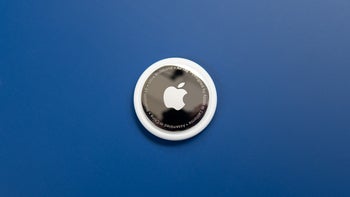

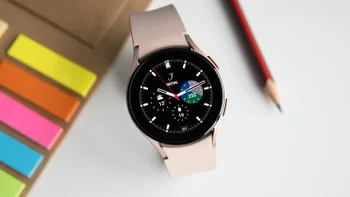
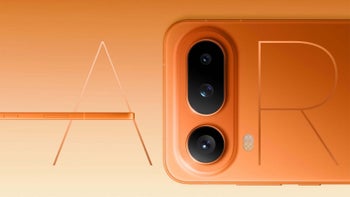
Things that are NOT allowed:
To help keep our community safe and free from spam, we apply temporary limits to newly created accounts: